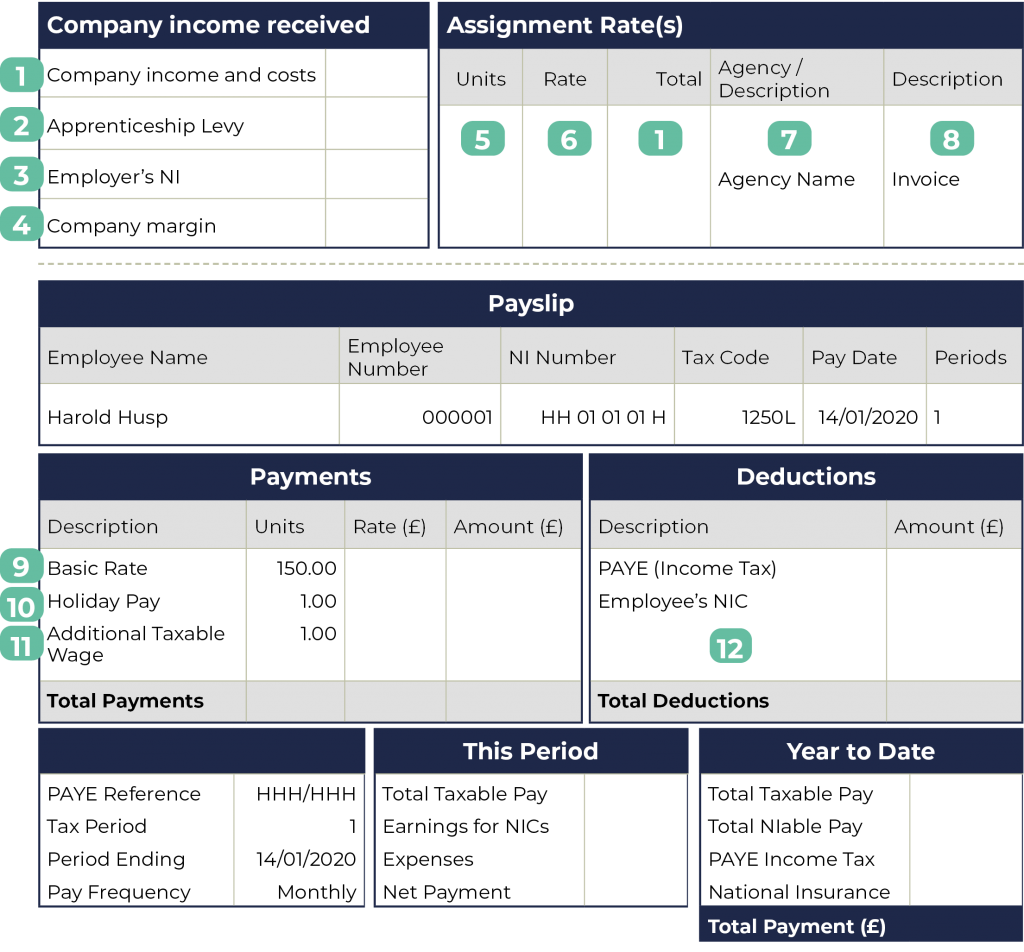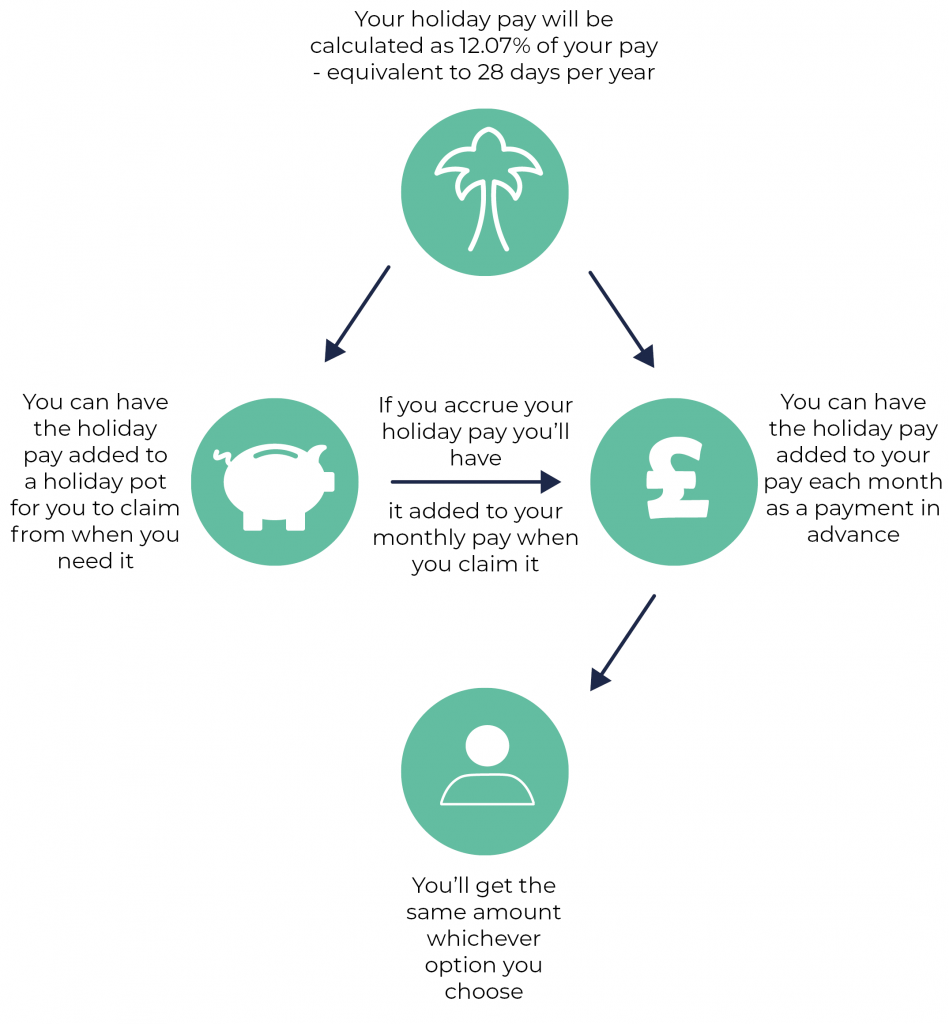Digesting the Budget 2021
Digesting the Budget 2021
The week before last, the Chancellor announced his Budget for 2021. There was once again no mention of delaying the IR35 legislation changes and this has left many in the contracting world wondering what the lack of information on the subject means for them. So, it is safe to assume that the new off-payroll regulations in the private sector are going ahead from April 6th.
There is a lot of information to get through whenever the Budget is announced so we have picked out some of the main points of interest.
How has the Coronavirus influenced the Budget?
The Chancellor revealed that the virus has affected the UK economy to the tune of £355bn, which is the most the country has borrowed since the second World War. Therefore, the government needs to introduce some measures to prevent that debt from rising, resulting in his debt recovery strategy.
The coronavirus furlough scheme, previously due to end on 30th April, will now continue until the end of September 2021. Anyone on furlough during that time will continue to receive 80% of their salary from the government, capped at £2,500 a month. However, there will be a scaled-up increase in what employers will have to contribute from July.
But how about tax?
The Government has said it will not raise the rates of Income Tax, National Insurance or VAT after this coming year. The Income Tax thresholds are being frozen thereafter. Next year the tax thresholds will increase to £12,570 or £50,270, depending on your income as previously promised, but will stay at that rate until 2026. This also includes inheritance tax thresholds, pensions lifetime allowances, and capital gains tax which will all also be frozen until 2026.
The rate of Corporation Tax, however, will increase in 2023 to 25%. However, for small business, it will remain at 19%.
Are there any other points of interest?
Away from the working world, there were interesting announcements in housing. A new mortgage guarantee scheme will enable homebuyers with smaller deposits to get themselves on the property ladder, as well as the stamp duty cut continuing until June this year.
The £20‐a‐week universal credit uplift will be extended for another six months, after much campaigning for it to be extended or made permanent to avoid plunging families into poverty.
How should I feel about the Budget?
The Chancellor has made a clear effort to recover the debt following the coronavirus pandemic. This will result in the country making a concerted effort to do so. The Chancellor has promised though that no one’s pay will be reduced, which we feel is open to scrutiny. We broadly welcome the clarity and emphasis of the Budget but feel that more clarity and support to the contracting industry would have been welcomed.
The contracting industry is very resilient and therefore we have no doubt we will continue to muscle on through the next year. If you have any burning questions regarding the budget or your Umbrella employment, please feel free to contact the Husp team.







